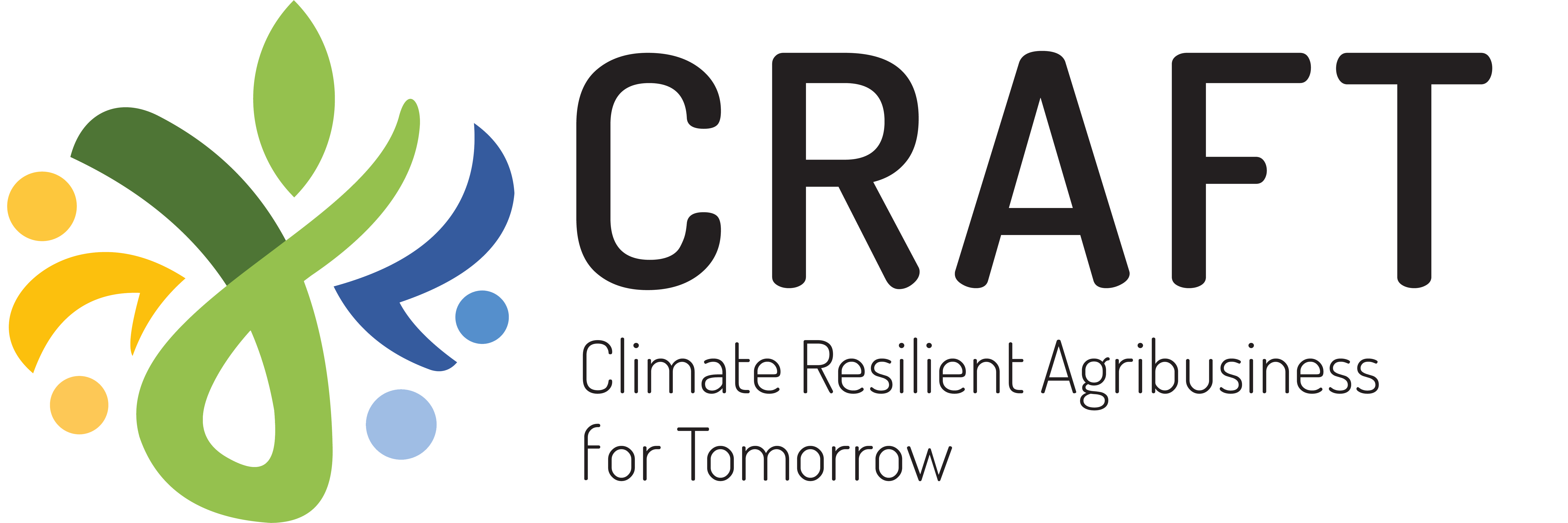The manuals were developed by technical experts from the ministry, CRAFT and other stakeholders, such as academia, regulators, local governments, researchers and farmer representatives.
The manuals, targeting both state and non-state extension officers, address key contexts, including climate change, youth, gender considerations, National Development Plan III Agro-industrialization agenda, and the sector vision of "Competitive, sustainable, and profitable agriculture”.
“The manuals are also aligned with Uganda Vision 2040, the Sustainable Development Goals, and the National Agriculture Extension Policy (NAEP) 2016. This promotes a harmonized and pluralistic approach to extension services,” shares Joseph Okee, Senior Agricultural Extension Coordinator at the Department of Agricultural Extension & Skills Management.
Structured to address climate change and value chain dynamics, the manuals cover pre-planting and soil preparation, agronomic practices during growth phases, pest and disease control, harvest and post-harvest processes, and value addition and marketing. The comprehensive content ensures a practical guide for extension officers in promoting competitive, sustainable, and profitable agriculture.
The manuals come at a time when Uganda’s agriculture faces multiple challenges, including those resulting from climate change such as erratic weather patterns, escalating temperatures, and intermittent rainfall that have led to diminished crop yields and heightened vulnerability of farmers.
“Climate change presents a formidable challenge to Uganda’s agriculture sector which is heavily characterized by over-dependence on rain, and subsistence farming,” reveals Phomolo Maphosa, SNV Uganda Country Director.
According to the World Bank, crop yields could potentially decrease by up to 50% by 2050 due to climate change. Additionally, it may lead to more pests and diseases, soil erosion, and water scarcity. These factors negatively affect food security, livelihoods, and economic growth.
Therefore, these manuals are an effort to support farmers in adapting to climate change. By equipping extension workers with this extra knowledge, farmers will be supported to adopt climate-smart farming techniques. “We are optimistic that this knowledge will benefit 73% of Uganda’s 18.2 million-strong farmer workforce,” adds Phomolo.
Together with partners, the ministry will disseminate the manuals at the national and sub-national levels, using several active approaches, including workshops, training sessions, demonstration farms, Farmer Field Schools (FFS), extension refresher training, and the development of mobile apps and websites containing videos, tutorials, and interactive tools.
“The strategy actively involves farmers through participatory platforms such as farmer field schools, on-farm demonstrations, and extension refresher training, aiming to enhance their understanding and skills in climate-smart agriculture,” shares Jennifer Oyuru, Assistant Commissioner of Agricultural Skills Management.
Officiating the launch of the manuals, Minister of State for Animal Industry, Hon Bright Rwamirama, applauded the Ministry for this great achievement in addressing the reality that is climate change. “I am immensely proud to announce this significant step towards the fight against climate change, the launch of a comprehensive extension manual developed through the collaboration of the MAAIF and the SNV.”
Find the manuals here.









